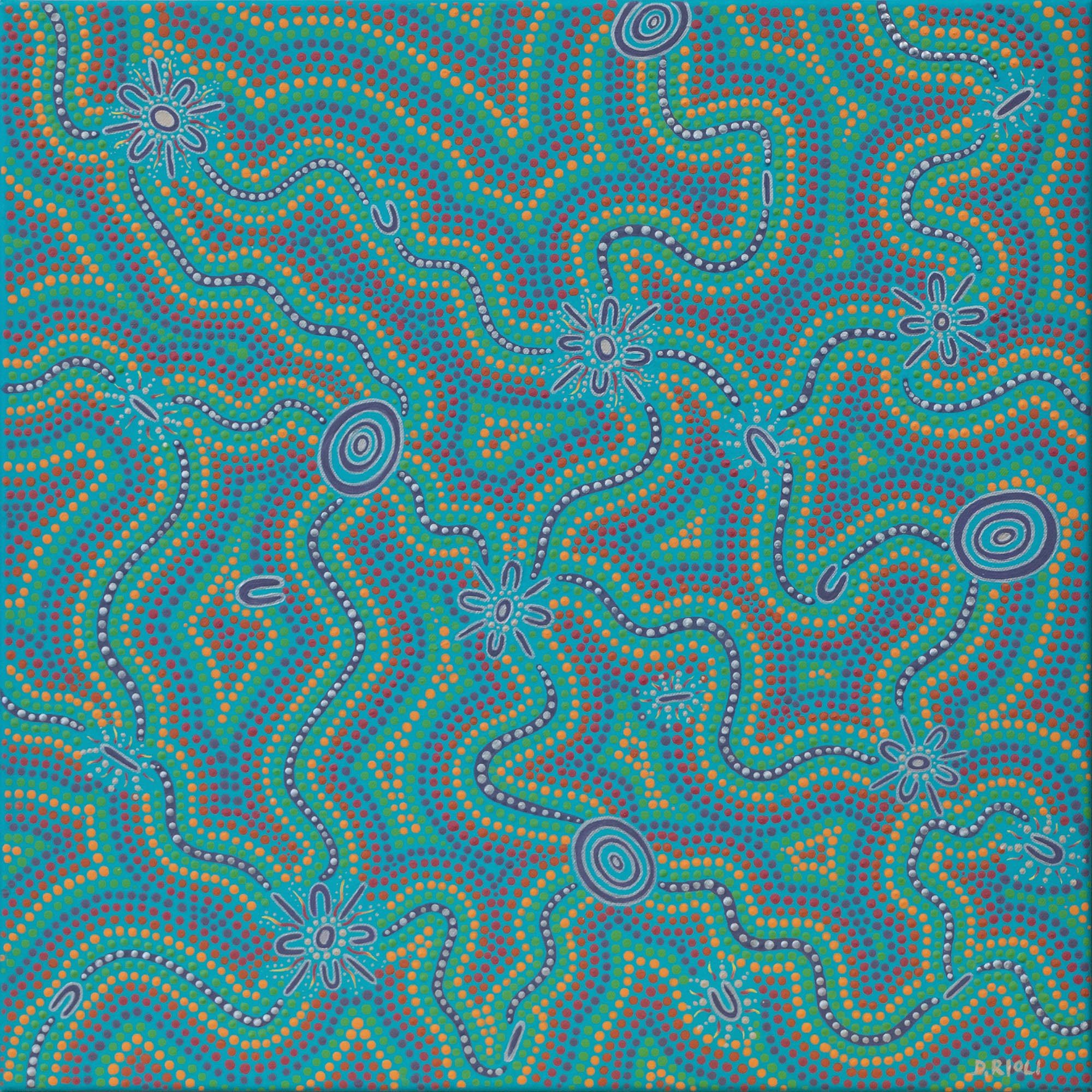Social and Emotional Wellbeing
The term social and emotional wellbeing (SEWB) is used by many Aboriginal and Torres Strait Islander people to describe the social, emotional, spiritual and cultural wellbeing of a person [1]. The term recognises the connection to land, sea, culture, spirituality, family and community which are important to Aboriginal and Torres Strait Islander people and impact their wellbeing [1][2]. It also recognises that a person’s SEWB is influenced by policies and past events [3][4].
Another term that is often used when discussing wellbeing is mental health. Mental health is a term that has been used to describe how people think and feel, and how they cope with and take part in everyday life [5]. Many Aboriginal and Torres Strait Islander people observe mental health and mental illness as medical terms that focus too much on problems and do not properly describe all the factors that make up and influence wellbeing [1]. Because of this, most Aboriginal and Torres Strait Islander people prefer the term SEWB as it fits well within a holistic view of health [6]. The holistic model is more collective and has connections not evident in the mainstream view of health [4]. One way of understanding these different terms is to think of mental health and mental illness as part of a person’s SEWB [1].
The 2004 and 2017 national SEWB frameworks [7][6] set out nine guiding principles that were developed during the Ways Forward national consultancy [8]. These guiding principles define the SEWB concept and emphasise that SEWB is a strengths based understanding of health [1][9]:
- health as holistic
- the right to self-determination
- the need for cultural understanding
- the impact of history in trauma and loss
- recognition of human rights
- the impact of racism and stigma
- recognition of the centrality of kinship
- recognition of cultural diversity
- recognition of Aboriginal strengths (Derived from [1]).
Aboriginal and Torres Strait Islander culture and self-determination can be powerful protective factors in providing a buffer to psychological distress. Factors identified as enhancing SEWB include: maintaining connection to Country, spirituality, ancestry and kinship networks, as well as strong community governance and cultural continuity [10]. Renewal of Aboriginal and Torres Strait Islander culture and Indigenous knowledge systems and the capacity for self-determination are being increasingly recognised as fundamental to healing and supporting SEWB [11].
There are varied experiences and expressions of SEWB [4], and they may change across an Aboriginal and Torres Strait Islander person’s life course, so what is important to a child may be quite different from what is important to an Elder [6]. For Aboriginal and Torres Strait Islander people, the understanding of SEWB can also vary between different cultural groups and individuals [1].








